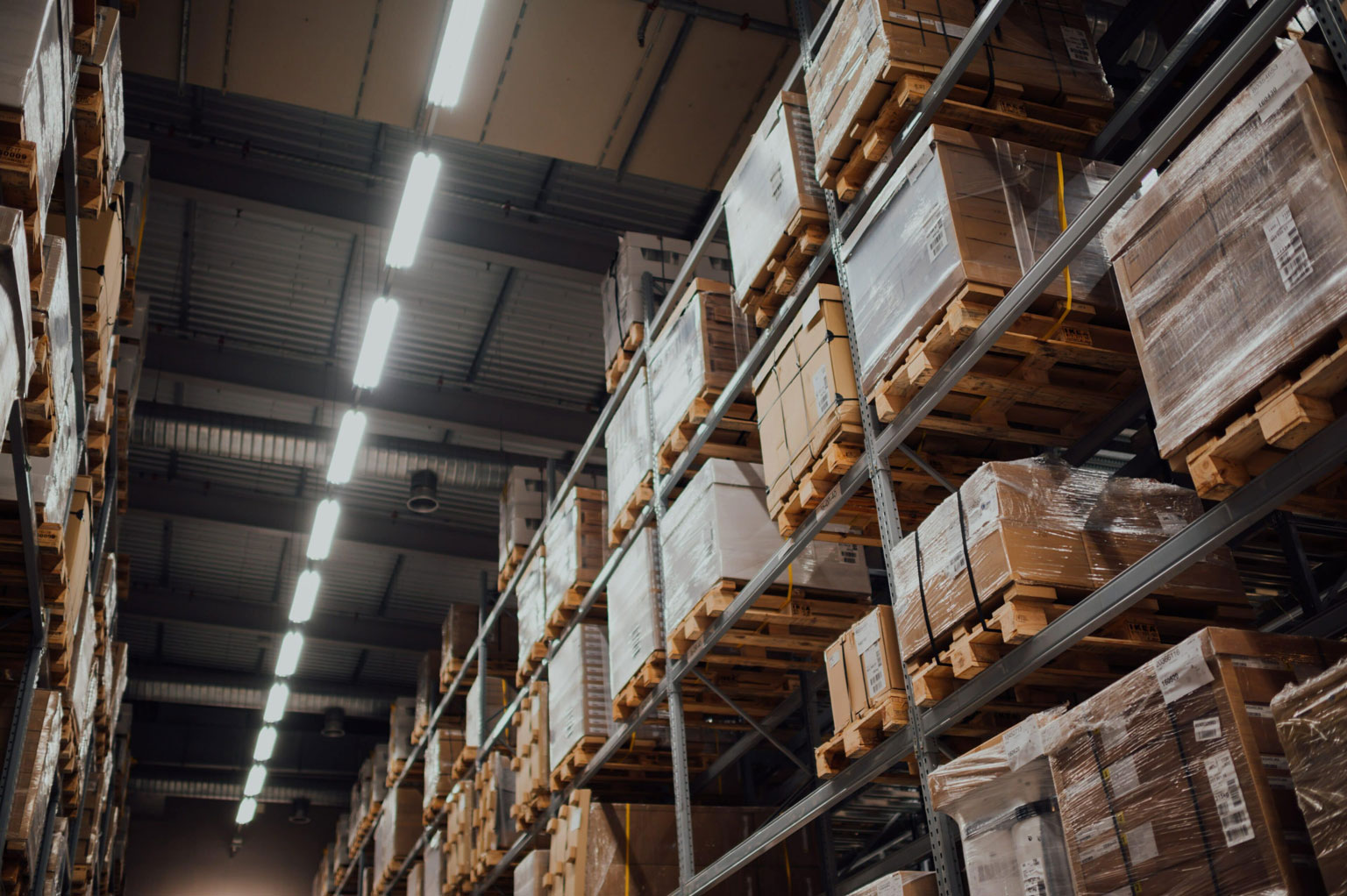
Warehousing is an important component of logistics that involves the storage of goods and materials before they are distributed to customers or other destinations. Warehousing is used to manage the flow and storage of goods, from the point of origin to the point of consumption or distribution. Warehousing in logistics can involve a range of activities, such as receiving goods, storing them in a safe and secure manner, managing inventory, picking and packing orders, and preparing goods for transportation.
Warehouses can be used for short-term or long-term storage, and can be operated by third-party logistics providers, retailers, manufacturers, or other organizations.
The benefits of warehousing in logistics include improved inventory management, faster order fulfillment, reduced transportation costs, and increased customer satisfaction. Effective warehousing operations can help organizations to optimize their supply chain and reduce waste, while also providing greater flexibility and responsiveness to changing customer needs.
Overall, warehousing is a critical component of logistics that helps to ensure that goods and materials are available when and where they are needed, while also supporting the efficient and effective operation of the supply chain.